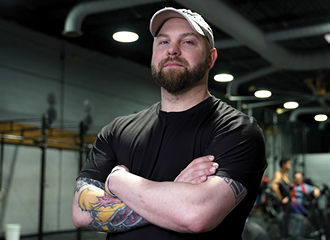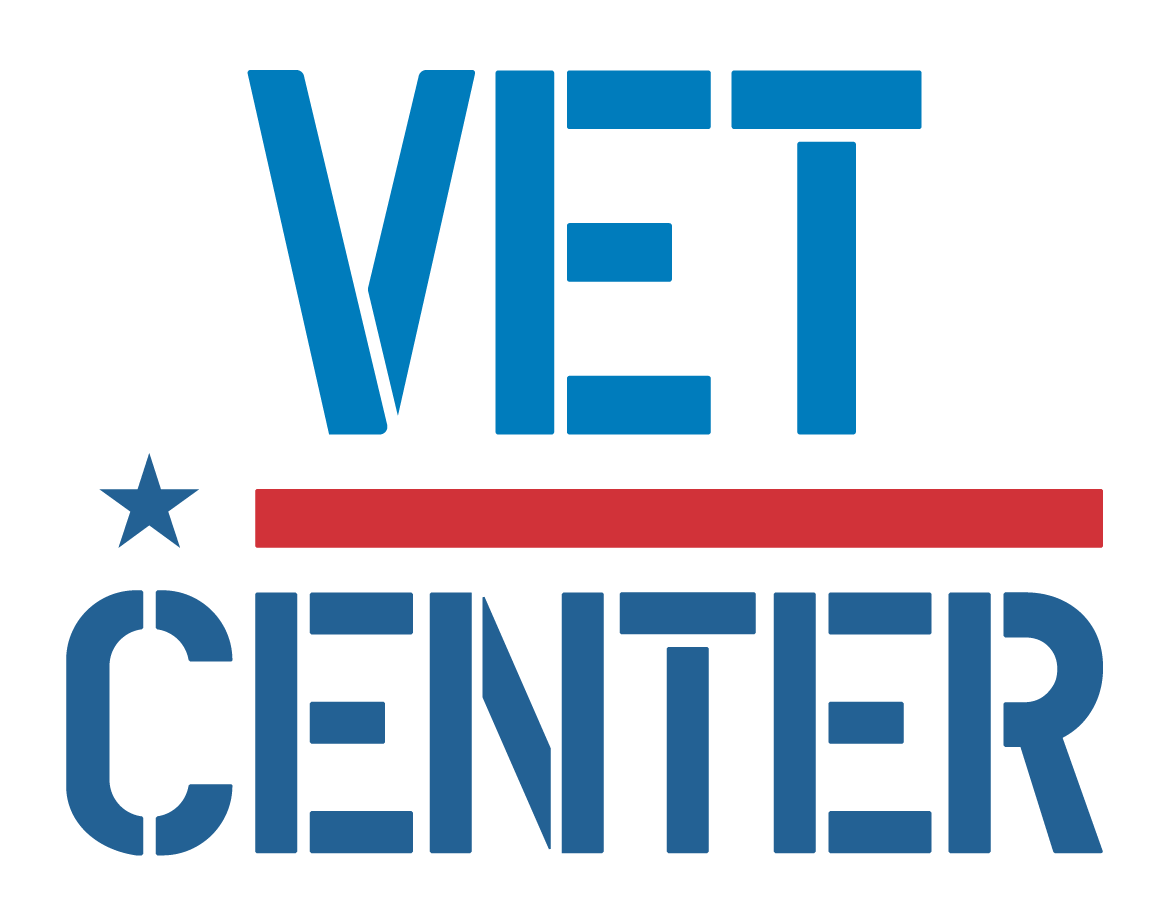If you are experiencing chronic pain, there are a few things you can do to deal with your symptoms and improve your well-being:
- Tell your doctor about it. They can help develop a treatment plan for you.
- Educate yourself on your condition so you can decide on the best options for managing your pain.
- Keep a pain diary, where you can record your progress with pain and how it affects your life.
- Find ways to stay physically active, according to the recommendations of your doctor.
Your friends and family members have likely noticed that your chronic pain is affecting your life. Talking to them can be especially helpful as you look for the type of chronic pain treatment that is right for you.
Every day, Veterans from all military service branches and eras connect with proven resources and effective treatments. Here’s how to take the next step: the one that’s right for you.
New to VA? Apply for health care benefits.
- Getting started is simple. Create a free account online to help ease your enrollment process. To prepare to apply for VA health care in person, by telephone, or by mail, explore VA’s “How to Apply for VA Health Care” page.
- Not sure whether you are eligible for VA health care benefits? Read about eligibility for VA health care.
- Unsure of what kind of help you need? Call 877-222-VETS (877-222-8387) to find the right resources to meet your needs, Monday through Friday, 8:00 a.m. to 8:00 p.m. ET. If you have hearing loss, call TTY: 800-877-8339.
- Veterans’ family members and caregivers can see whether they qualify for VA medical benefits as a spouse, surviving spouse, dependent child, or caregiver. Explore family and caregiver health benefits.
Already enrolled in VA and interested in mental health support? Schedule a mental health appointment.
- If you’re already enrolled in and using VA health care, the fastest way to schedule VA appointments is to call the VA facility where you want to receive care.
- With VA appointments tools, you can schedule some VA health care appointments online, view details about upcoming appointments, and organize your health care calendar.
- If you’re not using VA medical services, contact your nearest VA medical center or Vet Center to talk about your needs.
What about other options at VA? VA offers a variety of tools and resources.
- The Veteran Training online self-help portal includes modules on managing anger, developing parenting and problem-solving skills, and more.
- Mental health apps for Veterans cover a variety of topics, ranging from PTSD to anger management to quitting smoking.
- VA TeleMental Health connects you with a VA mental health provider through a computer or mobile device in your home or at your nearest VA health facility. You can learn more about this option from your local VA medical center.
- Community-based Vet Centers provide confidential counseling, community engagement and referral services to eligible individuals and their families. You don’t need to be enrolled in VA healthcare or have a service connection to receive services. Find a Vet Center near you or call 877-927-8387, 24/7 to talk with a fellow Veteran about your experiences.
What about support outside of VA?
FindTreatment.gov and the National Resource Directory list programs outside of VA. Use these tools to find resources near you.
Learn more about what you can do if you are experiencing specific concerns related to chronic pain, such as depression, posttraumatic stress, and alcohol or drug problems.











